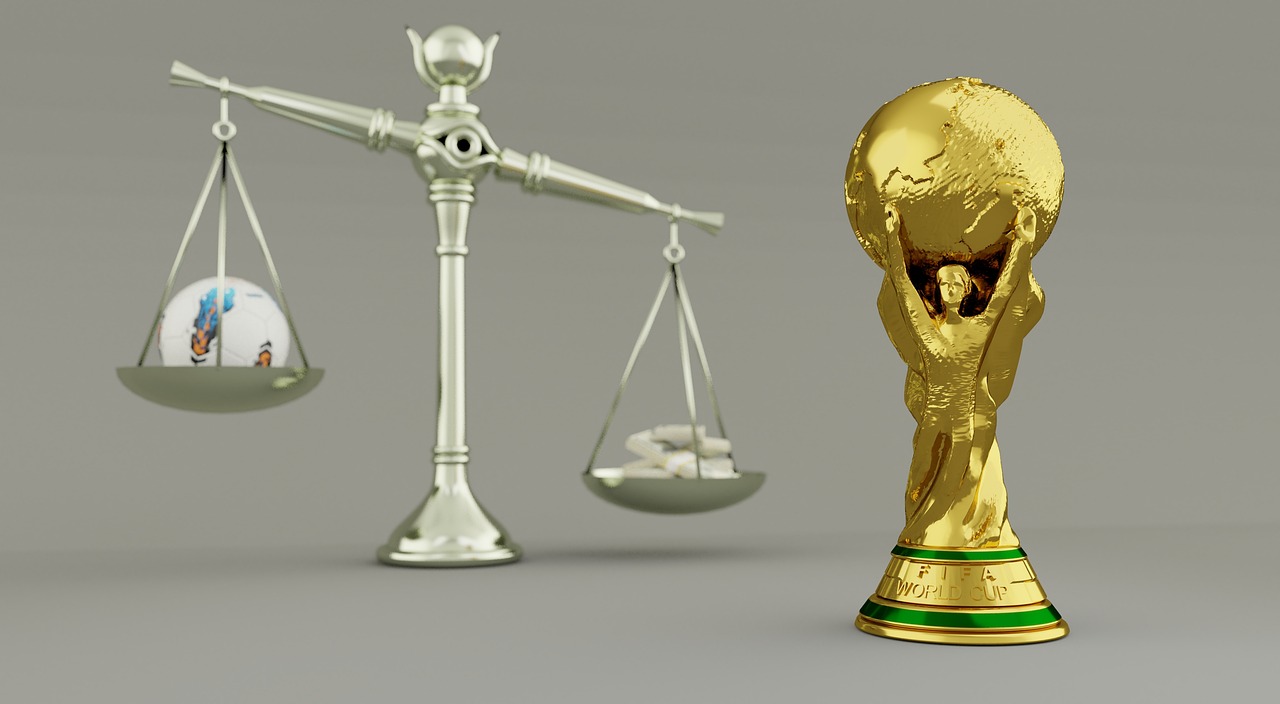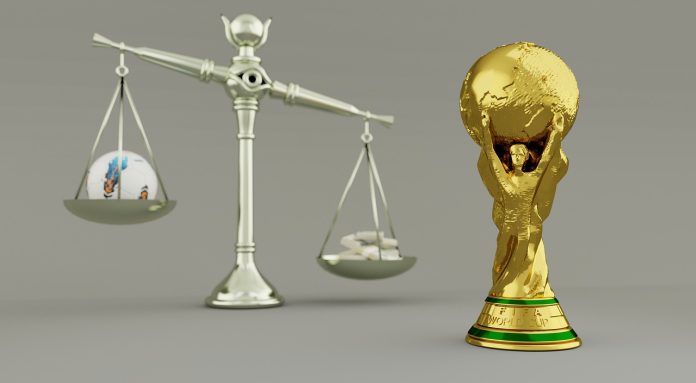In an unexpected and controversial moment during the recent World Cup qualifying draw, FIFA found itself at the center of a geopolitical storm. The global football body has officially issued an apology to the Ukrainian Football Association for an “unacceptable” error after a map used during the draw depicted Ukraine without Crimea, the region annexed by Russia in 2014.
The incident, which sparked immediate outrage, highlights how geopolitical tensions can find their way into international sports, an arena typically dedicated to unity and fair competition.
What Happened?
During the World Cup qualifying draw event, a map was displayed that inadvertently excluded Crimea from Ukraine’s territory. This oversight did not go unnoticed. For Ukraine, whose sovereignty over Crimea has been supported by the majority of the international community, the error struck a deep nerve. Crimea has been a symbol of national pride and a sensitive subject since Russia’s controversial annexation of the region in 2014.
Almost immediately after the incident, Ukrainian officials raised concerns, and social media exploded with criticism directed at FIFA. The global football body responded by issuing an official statement of apology, acknowledging the mistake and referring to it as “unacceptable.”
FIFA’s Response and Measures
FIFA explained that the error stemmed from an external service provider tasked with producing the visual content for the draw. However, they took full responsibility for the oversight, understanding the gravity of the issue. The statement read:
“FIFA sincerely regrets the error made during the World Cup qualifying draw. The incident was unacceptable, and we are taking necessary steps to ensure such mistakes do not occur in the future.”
The organization also promised to review its procedures and implement stricter oversight in future events.
While apologies and promises of reform are welcomed, the incident underscores a broader issue. In today’s interconnected world, even a seemingly small mistake in sports can have significant political and cultural ramifications.
Reactions from Ukraine and Beyond
The Ukrainian Football Association accepted FIFA’s apology but emphasized the importance of respecting national boundaries and identities. The incident also drew comments from political leaders and sports commentators who stressed that international sports bodies must handle geopolitical sensitivities with utmost care.
Meanwhile, Russian media used the situation to reiterate their position on Crimea, further inflaming tensions. This has led to renewed discussions on how international organizations like FIFA can navigate politically charged situations without alienating nations or appearing biased.
Sports, Politics, and the Responsibility of Global Bodies

This episode is a reminder that sports are rarely insulated from politics. In fact, international sporting events often become platforms where national identity and political conflicts play out. As one of the most powerful organizations in global sports, FIFA’s role goes beyond organizing tournaments — it includes being a responsible steward of unity and fairness.
Ensuring that every nation feels respected is vital for maintaining trust and integrity in international competitions. Errors like the one during the World Cup draw not only jeopardize this trust but also risk undermining the very spirit of unity that sports strive to foster.
Looking Ahead
FIFA’s swift apology and corrective actions are steps in the right direction. However, this incident serves as a lesson for sports organizations worldwide. Attention to detail, cultural sensitivity, and geopolitical awareness are no longer optional; they are essential for maintaining the integrity and inclusivity of international sports.
As the world gears up for future World Cup events, football fans and officials alike will be watching closely to see if FIFA follows through on its promises. Ensuring that mistakes of this nature are avoided in the future will go a long way in restoring faith and keeping the world’s favorite sport focused on what truly matters — the game itself.



